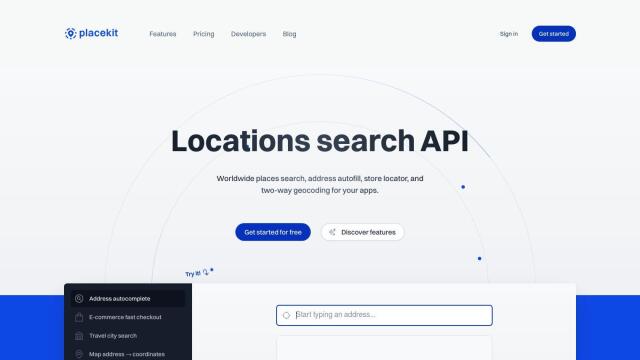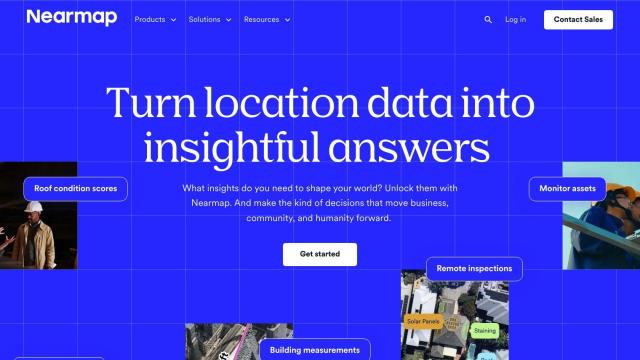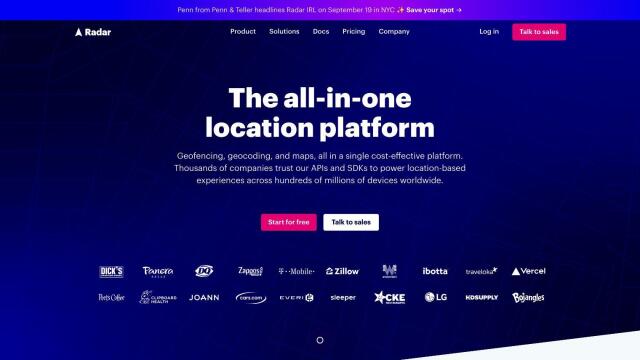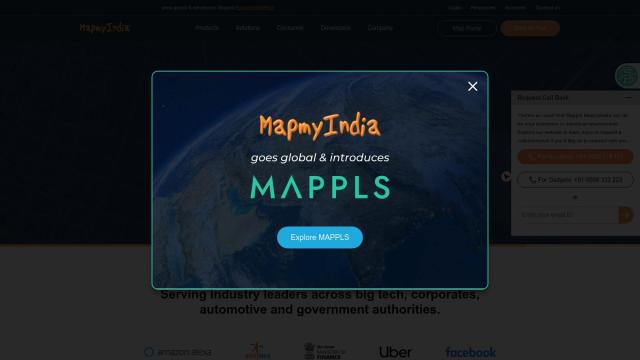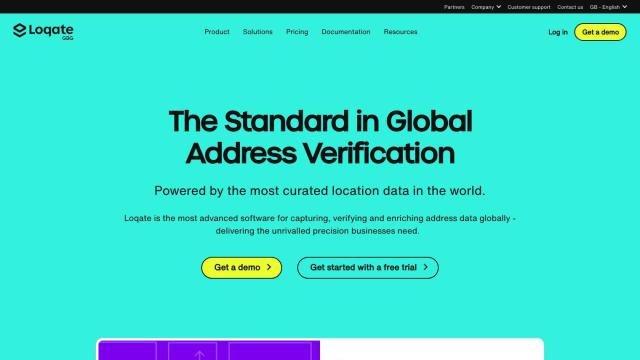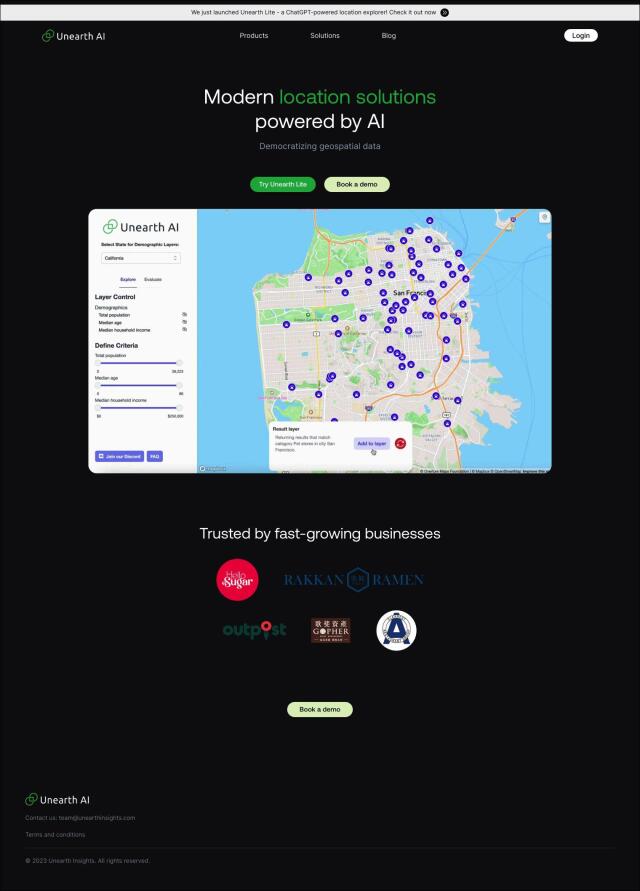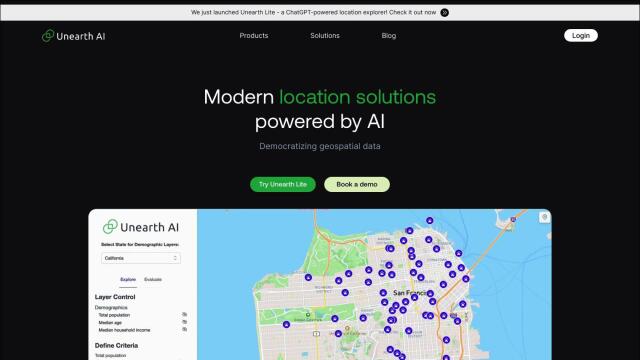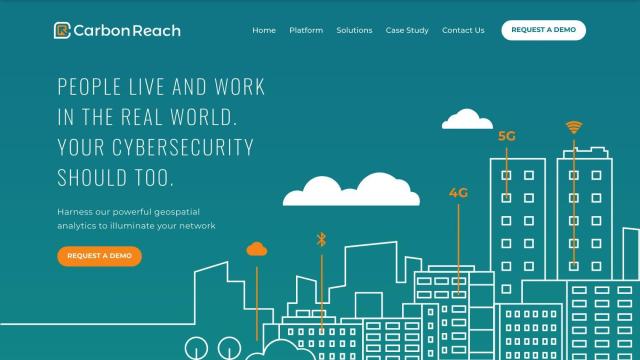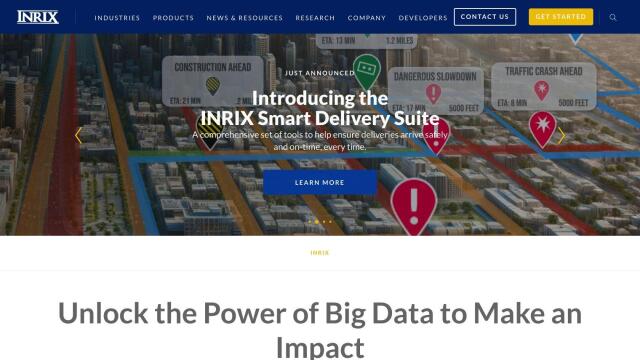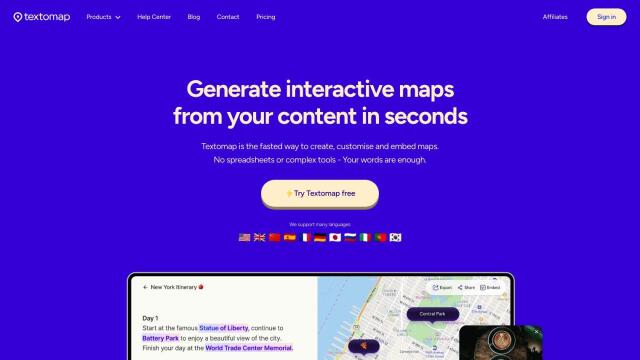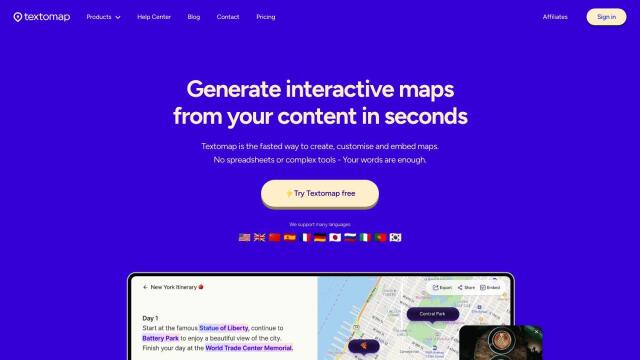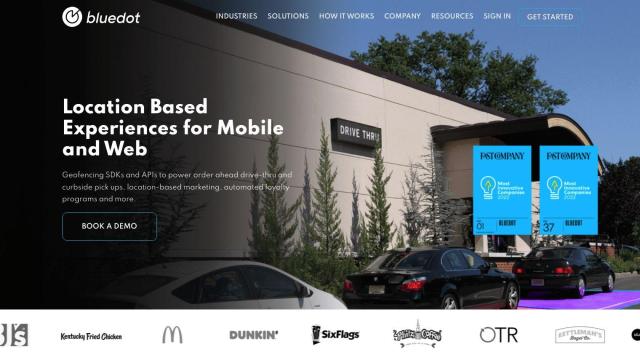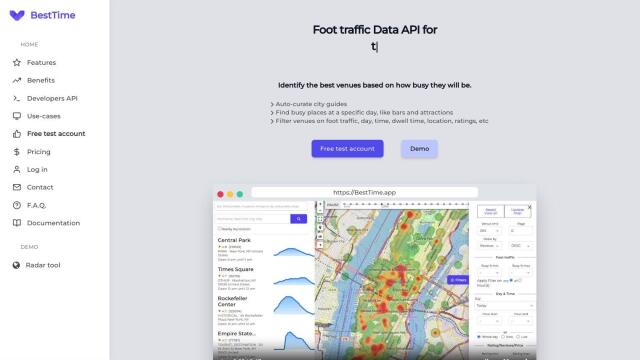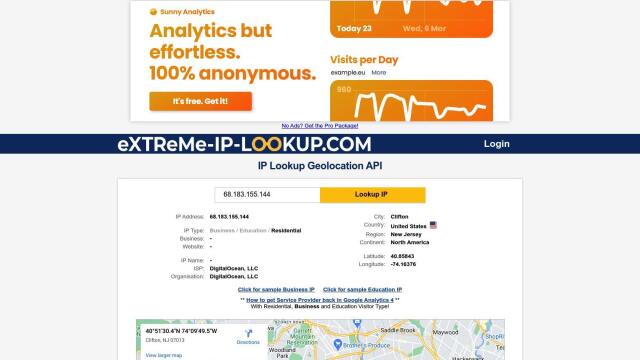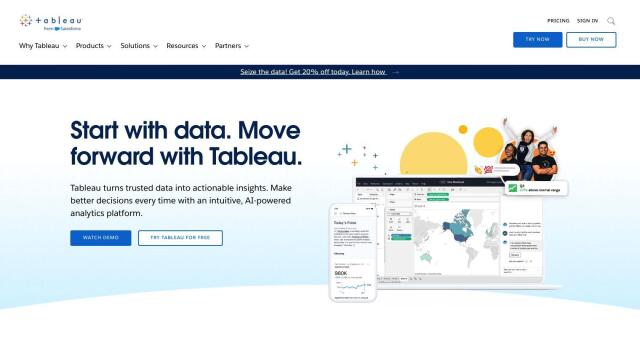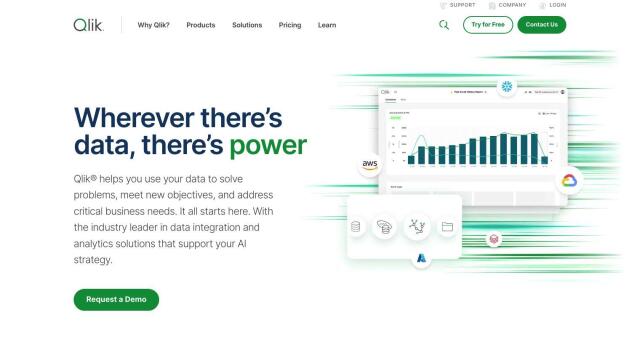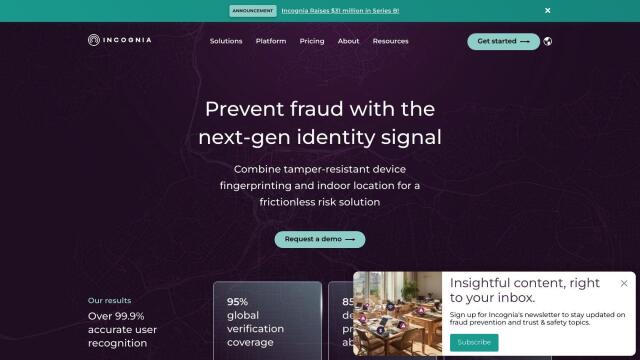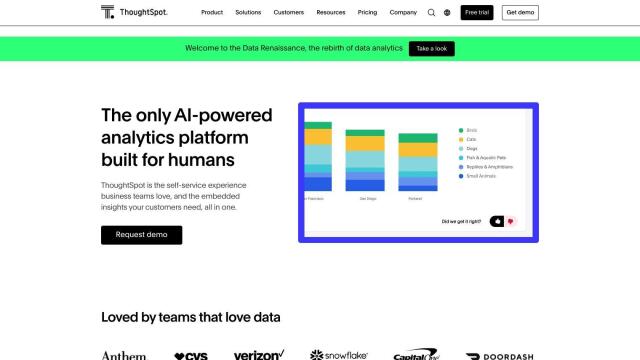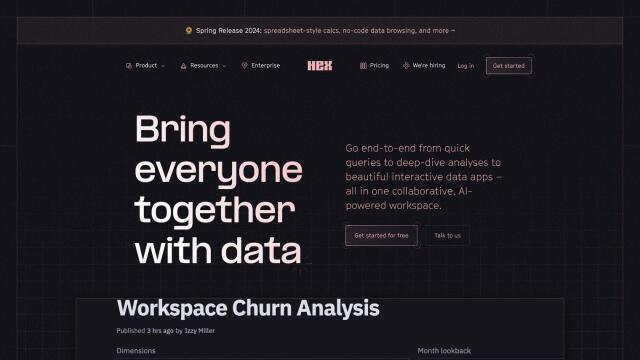Question: Is there a universal identifier for physical locations that can help me simplify my location-based data analysis?

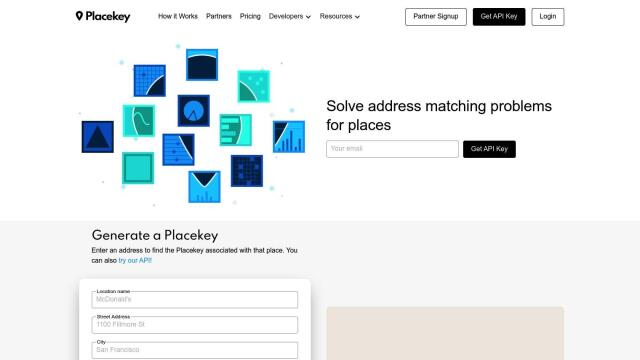
Placekey
If you're looking for a single identifier for physical locations to make your life easier when it comes to location-based data processing, Placekey is well worth a look. It's developed a standardized place identifier technology, called Placekey, that combines location name, street address and postal code into a single identifier that overcomes address matching problems. It also offers tools for address and POI matching, deduping and entity resolution through its API. Placekey supports QGIS, Google Sheets, Carto and other tools, so it's a good option for anyone who needs to wrangle location data.

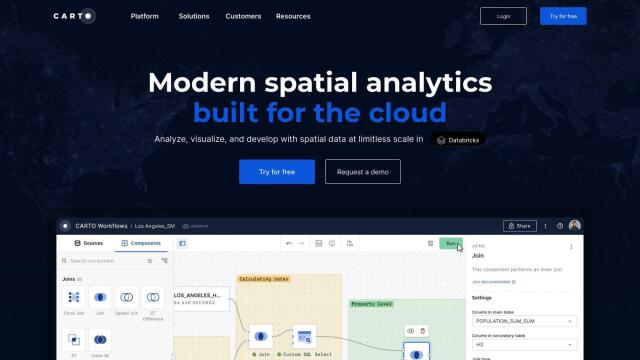
CARTO
Another option is CARTO, a cloud-based location intelligence service for processing and visualizing spatial data at large scale. It's got a drag-and-drop interface, built-in GenAI abilities and access to more than 12,000 geospatial data sources through its Data Observatory. CARTO can be integrated with big cloud computing platforms and offers tools for building apps at large scale, too, so it's a good option for those who want to build their own spatial analysis and decision-making processes.
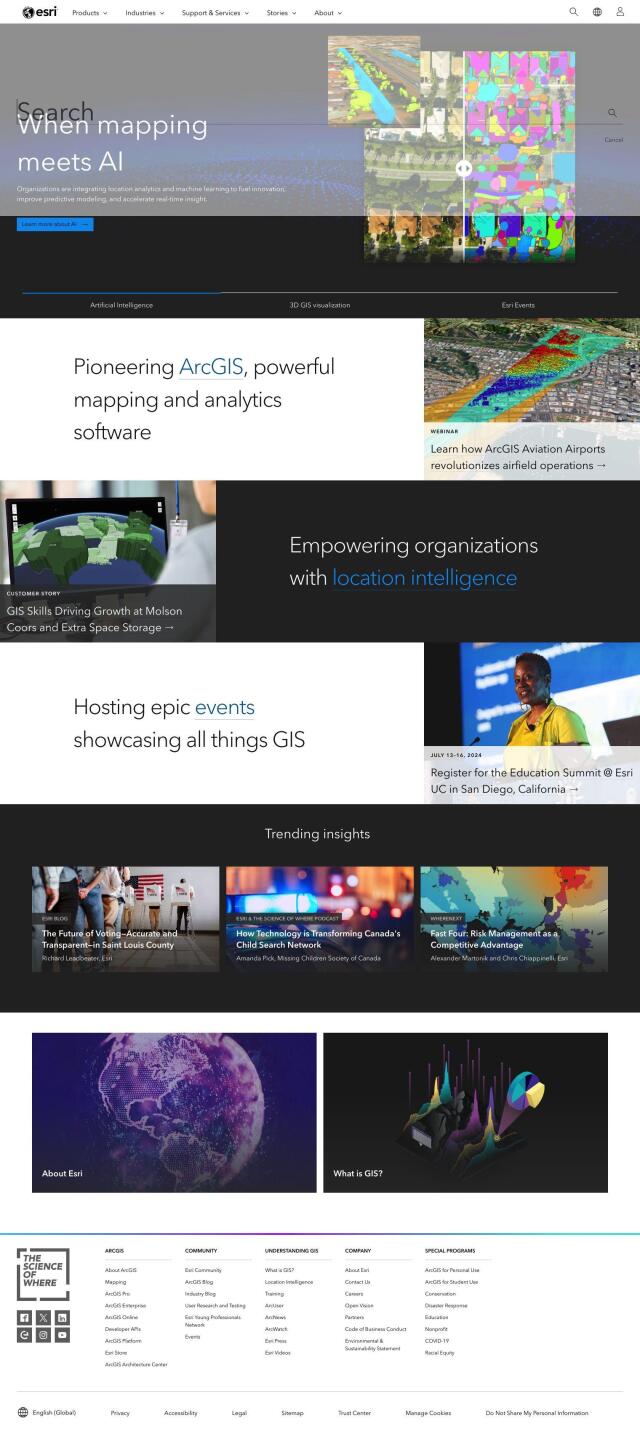
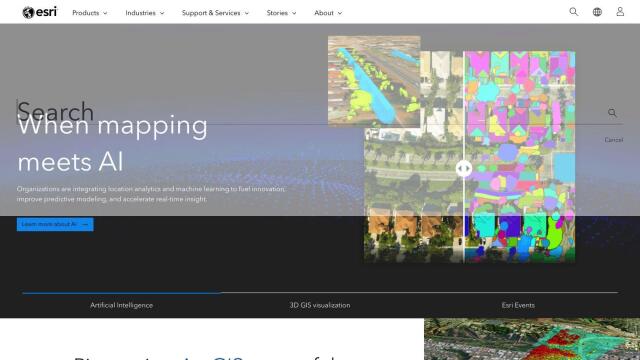
Esri
If you want a full-featured GIS mapping and spatial analysis service, check out Esri. Esri's technology marries location intelligence with machine learning for tools in GIS mapping, spatial analysis and data science. It's got 3D visualization, real-time decision support and lots of industry-specific tools for things like retail site selection and infrastructure planning. That makes Esri a good option for those who want serious location-based data analysis and visualization.

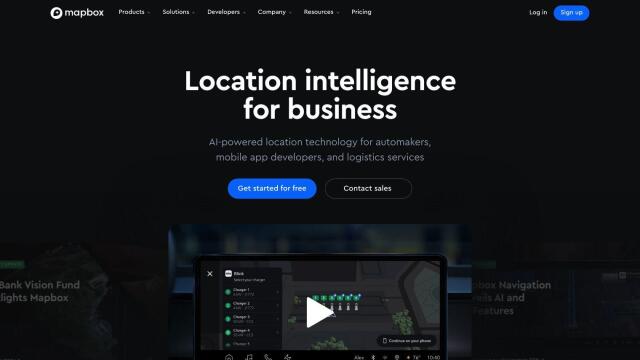
Mapbox
Last, Mapbox is another good option. It offers customizable maps, advanced navigation and location search. With features like interactive maps, routing engines and live-updating data, Mapbox lets developers build geospatial data into their apps. Its wealth of resources and flexible platform make it a good option for everything from navigation to data analysis.

